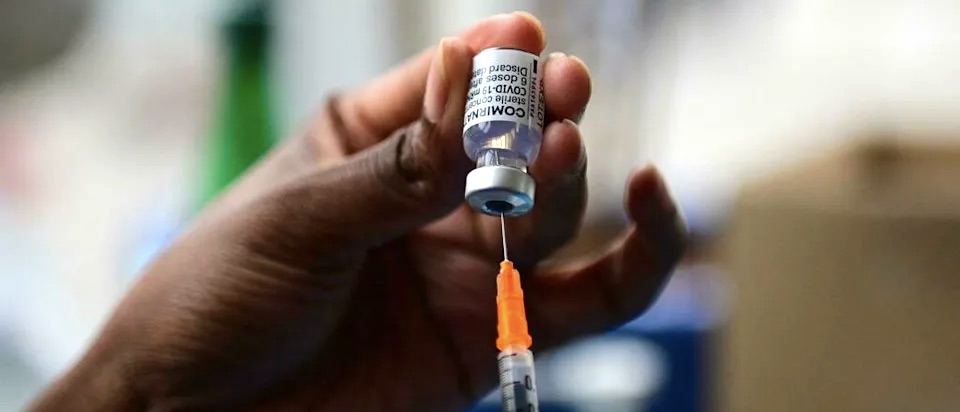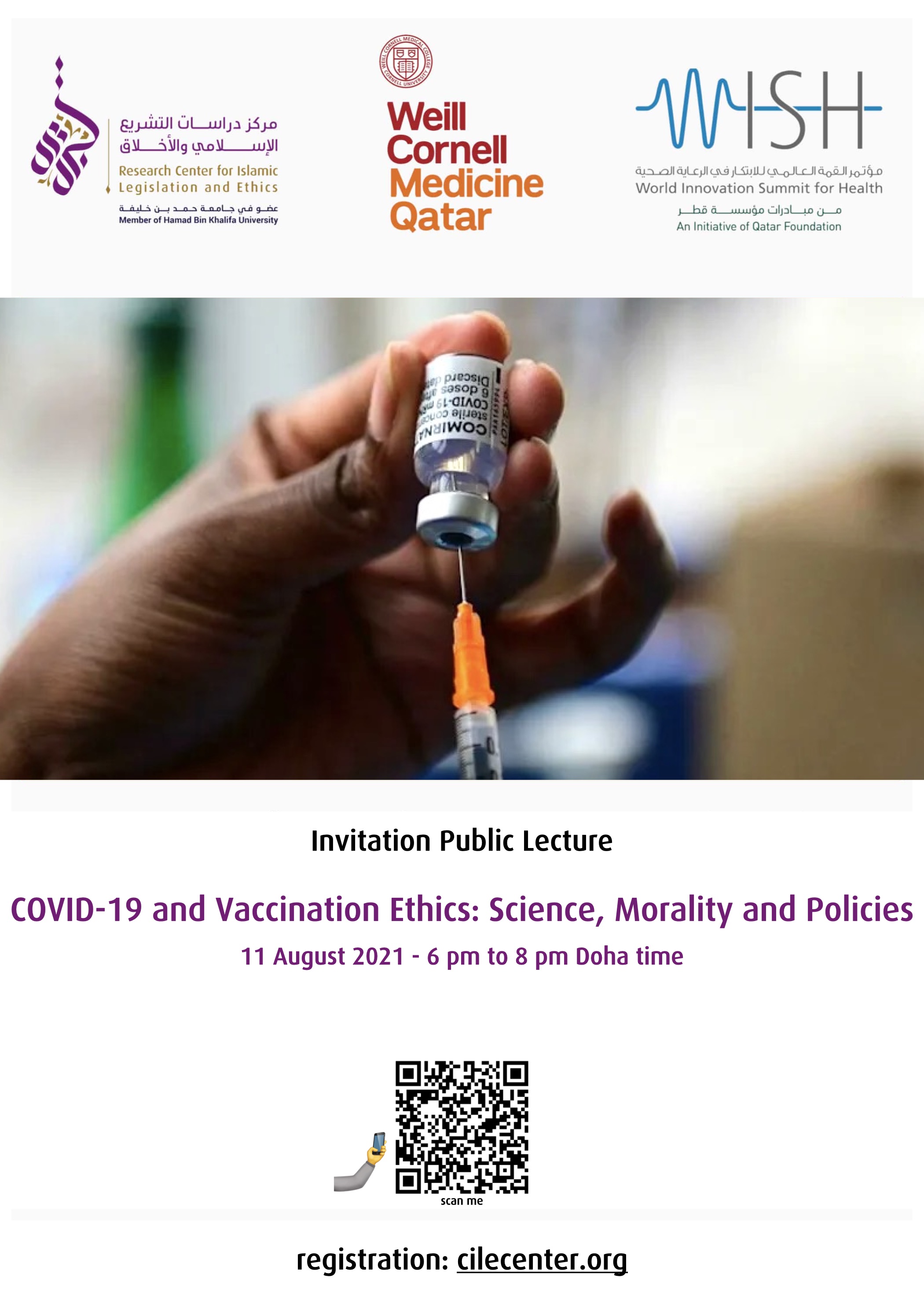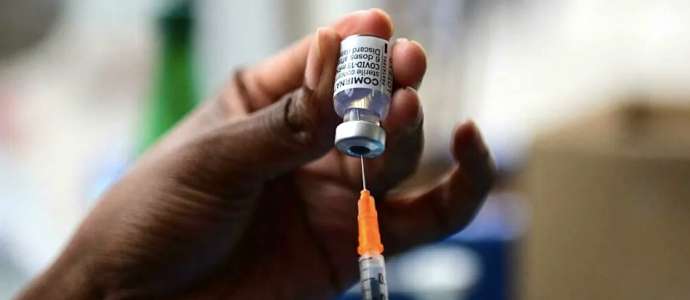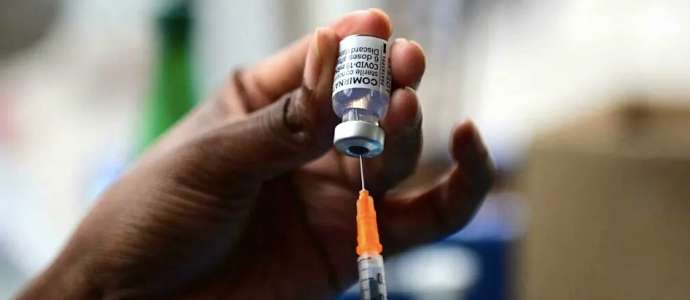

HBKU’s CILE Collaborates With WISH to Host Public Lecture on COVID-19 and Vaccination Ethics
Panelists to discuss vaccine hesitancy, inequality of access to vaccines, and a range of other complex issues, ranging from vaccine development to delivery, from an ethical perspective
DOHA, 4 AUGUST 2021 – An upcoming event will focus on the ethical concerns relating to vaccine development and delivery, both from an Islamic and public health perspective, particularly in the context of current efforts to tackle COVID-19. During the event, experts will discuss vaccines in terms of their research, manufacturing, testing and clinical trials, regulation, and distribution.
COVID-19 and Vaccination Ethics: Science, Morality and Policies
will take place online from 6 pm to 8 pm Doha time (GMT+3) on Wednesday, August 11.
This event has been organized by the Research Center for Islamic Legislation and Ethics (CILE) of the College of Islamic Studies (CIS) at Hamad Bin Khalifa University (HBKU) with the support of Qatar Foundation’s global health initiative, the World Innovation Summit for Health (WISH). The discussion will be moderated by Dr. Mohammed Ghaly, Professor of Islam and Biomedical Ethics at CILE, and participants taking part in the discussion represent Islamic, public health and medical aspects of vaccination ethics.
In addition to Dr. Ghaly, confirmed panelists are Dr. Khalid Hamid Elawad, Manager of Communicable Disease Control and Infection Prevention at Qatar’s Primary Health Care Corporation (PHCC); Dr. Laith Jamal Abu-Raddad, Professor of Population Health Sciences at Weill Cornell Medicine – Qatar; Maha El Akoum, Head of Content and Research Fellow at WISH; and Dr. Muetaz Al-Khatib, Associate Professor of Methodology and Islamic Ethics at CILE.
In March 2020, at the start of the current pandemic, CILE and WISH jointly organized a public webinar titled Coronavirus: The Interplay of Islamic and Medical Ethics, which addressed the broad ethical questions triggered by COVID-19. Almost 18 months later and with effective vaccines being made available at varying rates around the world, and with differing levels of hesitancy, this new online event will discuss the ethical perspective of the role of vaccines in ending both the current global health emergency and potential future ones.
Topics such as voluntary versus mandatory vaccination, patents and intellectual property rights, informed consent, balancing individual versus public interests, and trust in healthcare systems will be discussed. Consideration will also be given to religio-ethical discourse in the Islamic tradition, such as the possible tension between trust in science and trust in God’s predestination or the religiously controversial nature of some ingredients used in vaccines or their development.
Speaking ahead of the event, Dr. Ghaly, said: "The scientific community takes pride in the achievements of vaccination, as vaccines are often hailed as the most effective method of managing infectious diseases, both in terms of their spread across societies and in terms of mitigating the damage they cause to individuals. But vaccinations, not least those developed to combat COVID-19, have also been met with reluctance, hesitancy, or outright rejection by some people on ethical grounds, sometimes couched in, or mixed with, religious, scientific, or socio-political arguments.
“Besides their deliberations on the ethical or unethical character of vaccination itself, both pro-and anti-vaccination voices have a long list of ethical questions and challenges to grapple with. Our intention in holding this event is to offer a platform for thoughtful discourse from expert speakers plus an opportunity for interaction with the audience watching online.”
Maha El Akoum added: “The most straightforward ethical argument for getting vaccinated against COVID-19, is that getting vaccinated is not just about you. While you may be in your full rights to take risks with your own safety, your freedom becomes limited by the harm it could potentially pose to others. Therefore, it can be argued that we have a moral duty to contribute to collective good. However, it is not that simple, and a sizeable number of people remain reluctant to get the shots. We look forward to co-hosting this important event that will discuss the contours of obligation when it comes to getting vaccinated, and their associated ethical challenges from a religious, moral, social and humanitarian standpoint.”
All are welcome to watch the discussion and to put questions to the panelists.
>> To register for free for the event, visit THIS LINK <<
- Wednesday, Aug 11, 2021 6:00 pm Doha time | 2 hours | (UTC+03:00) Kuwait, Riyadh
- Event number: 175 168 0587
- Event password: FPp38Xm6iRb
[ENDS]
About Hamad Bin Khalifa University
Innovating Today, Shaping Tomorrow
Hamad Bin Khalifa University (HBKU), a member of Qatar Foundation for Education, Science, and Community Development (QF), was founded in 2010 as a research-intensive university that acts as a catalyst for transformative change in Qatar and the region while having global impact. Located in Education City, HBKU is committed to building and cultivating human capacity through an enriching academic experience, innovative ecosystem, and unique partnerships. HBKU delivers multidisciplinary undergraduate and graduate programs through its colleges, and provides opportunities for research and scholarship through its institutes and centers. For more information about HBKU, visit www.hbku.edu.qa.
About the Research Center for Islamic Legislation & Ethics (CILE), College of Islamic Studies, Hamad Bin Khalifa University
Islamic Ethics is one of the emerging scholarly fields with promising growth potential in academic research and also with great appeal among the general public. The Research Center for Islamic Legislation and Ethics (CILE) has been contributing to this emerging field through various ways. Besides organizing international conferences and research seminars, CILE has also contributed to the field through pioneer academic initiatives. In collaboration with the renowned publisher Brill, CILE established the Journal of Islamic Ethics and the book-series Studies in Islamic Ethics. Additionally, the first-of-its-kind M.A. program “Applied Islamic Ethics” was inaugurated this academic year (2019-2020) in the College of Islamic Studies at Hamad Bin Khalifa University, to which CILE is affiliated. The program addresses how Islam, as a world religion with a rich moral tradition, engages with and contributes to the global moral discourse. Its strong interdisciplinary character combines in-depth knowledge of both theoretical and applied ethics rooted in the Islamic moral tradition.
About The World Innovation Summit for Health (WISH)
The World Innovation Summit for Health (WISH) is a global healthcare community dedicated to capturing and disseminating the best evidence-based ideas and practices. WISH is an initiative of Qatar Foundation for Education, Science and Community Development (QF) and is under the patronage of Her Highness Sheikha Moza bint Nasser, its Chairperson. The inaugural WISH Summit took place in Doha in 2013 and convened more than 1,000 global healthcare leaders. Through international summits and a range of ongoing initiatives, WISH is creating a global community of leading Innovators in healthcare policy, research, and industry. Together, they are harnessing the power of innovation to overcome the world’s most urgent healthcare challenges and inspire other stakeholders to action.



















Add new comment